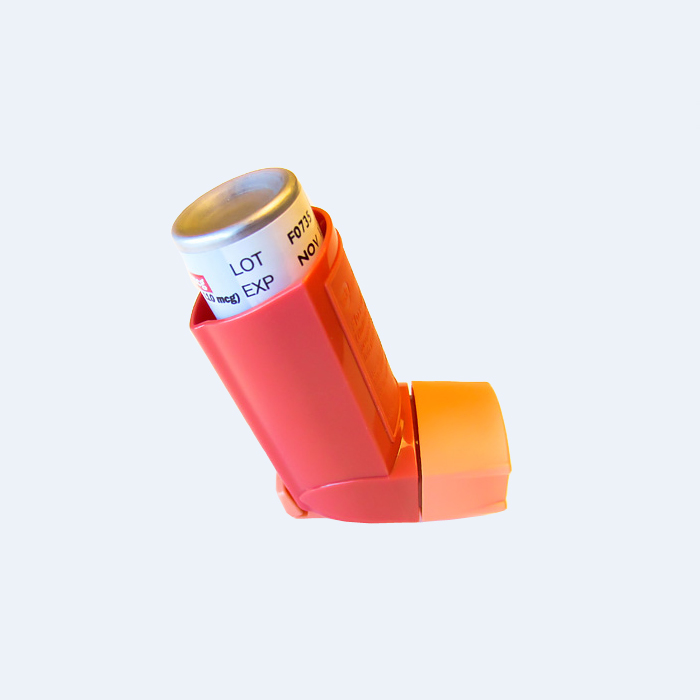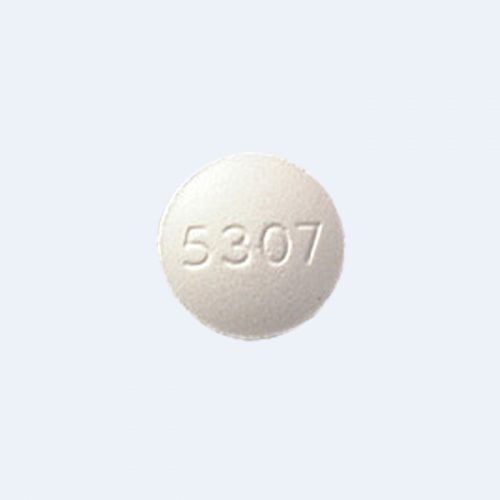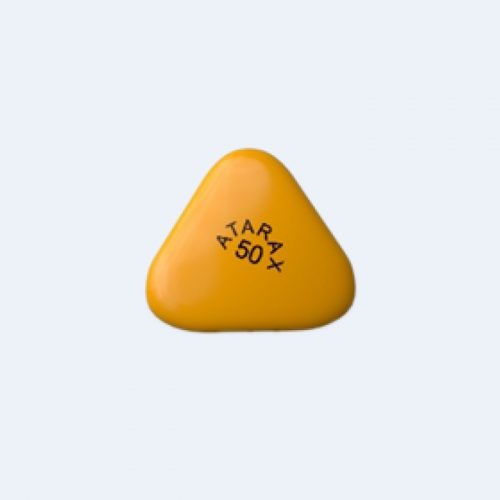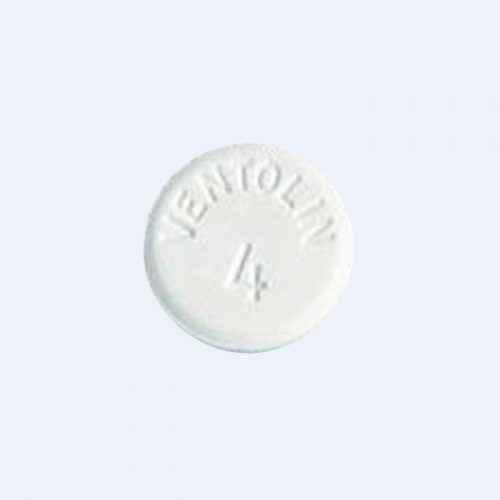Flovent

Risperdal
March 1, 2017
Avodart
March 27, 2017Flovent Uses, Contraindications and Side Effects
Flovent is a medication that belongs to corticosteroids, and it works directly in the lungs, thus, making breathing easier, because its intake decreases inflammation and swelling of the airways.
Patients need to use it regularly to prevent such symptoms as shortness of breath and wheezing caused by bronchitis, asthma and some others. However, this medicine doesn’t work immediately, so it’s not intended to be used to relieve acute asthma attacks.
Flovent is a synthetic steroid that belongs to the glucocorticoid family, and its use suppresses inflammation in airways, thus, decreasing spasms. Its intake was approved by the FDA more than 20 years ago.
How to Use Flovent Correctly
The right dosage is based on a medical condition and individual response to this therapy.
It’s advisable to use a special spacer device with this medicine. If doctors prescribe 2 puffs or inhalations, there should be a small break between them. To avoid such unwanted symptoms as hoarseness, dry mouth and different oral yeast infections, users need to rinse their mouth after using Flovent without swallowing this solution.
This therapy works best, when it’s used at even intervals, so it must be taken at the same time every day. Avoid spraying it into your eyes, and inhale this medicine 1 or 2 times a day.
Mild and Severe Side Effects
Most drugs cause specific side effects, and Flovent (Fluticasone) is no exception. Some of the most common adverse effects caused by this medicine include:
- Hoarseness and stuffy nose;
- Irritated or dry mouth;
- Flu-like symptoms and coughing;
- Bad taste and others.
The good news is that most of these symptoms are mild, but if they become persistent, call your doctor at once. In very rare cases, some patients who take Flovent may end up with serious side effects, such as:
- Persistent coughing and chest pain or discomfort;
- White patches on or in the mouth;
- Increased wheezing and difficulty breathing;
- Sudden vision changes and allergic reactions;
- Increased urination or thirst;
- Persistent or unusual headaches;
- Tingling and numbness of feet or hands.
They often require immediate medical attention, so go to the hospital if you have any of them.
Basic Flovent Precautions
Before taking this medication, doctors need to know whether their patients have any possible allergies to drugs.
Inform your healthcare specialist about your medical history, especially if you have herpes eye infections, tuberculosis, active or untreated infections, reduced adrenal gland functions, glaucoma, etc. Tell your physician if you experience sudden weight loss, weakness and dizziness.
The intake of Flovent may mask other signs of infections, so you need to report any of them immediately.
Users also need to avoid being exposed to such conditions as measles and chickenpox while taking this medicine.
Besides, children should be very careful with Flovent, just like pregnant and nursing women.
If you’ve used oral corticosteroids before taking this medicine, you may need taking extra corticosteroids, especially after surgeries, serious infections and injuries.
Possible Drug Interactions
Flovent shouldn’t be taken with certain medications because of an increased risk of having dangerous drug interactions. They affect the way it works and may lead to serious side effects.
Don’t combine this treatment with mifepristone and aldesleukin, oral corticosteroids and any other drugs that affect the right removal of Flovent from the body. Make a list of all the other meds and other pharmaceutical products that you’re using to avoid any interactions.







